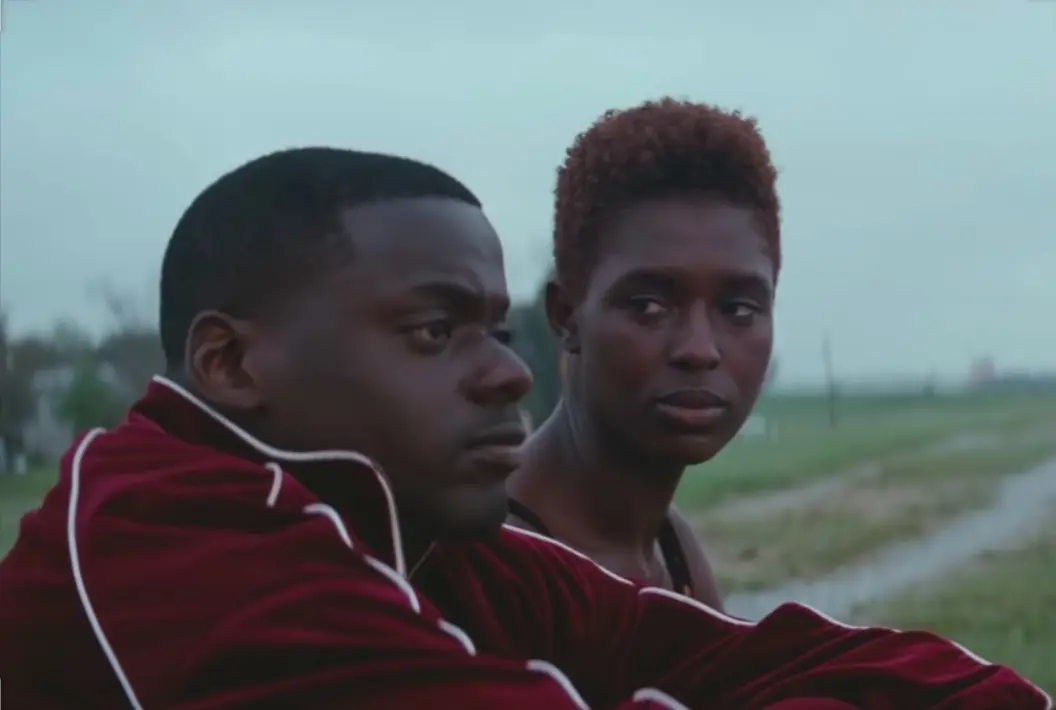Summary
Queen & Slim‘s ride or die mantra builds and when it reaches its destination, it establishes itself as the most significant road trip film of the Woke decade. Dense, witty, and absolutely devastating.
Queen & Slim is as recognizes
(Get Out meet d qualms cell

film heavy are suddenly form
& luck, from some Queen and decade. and what’s



